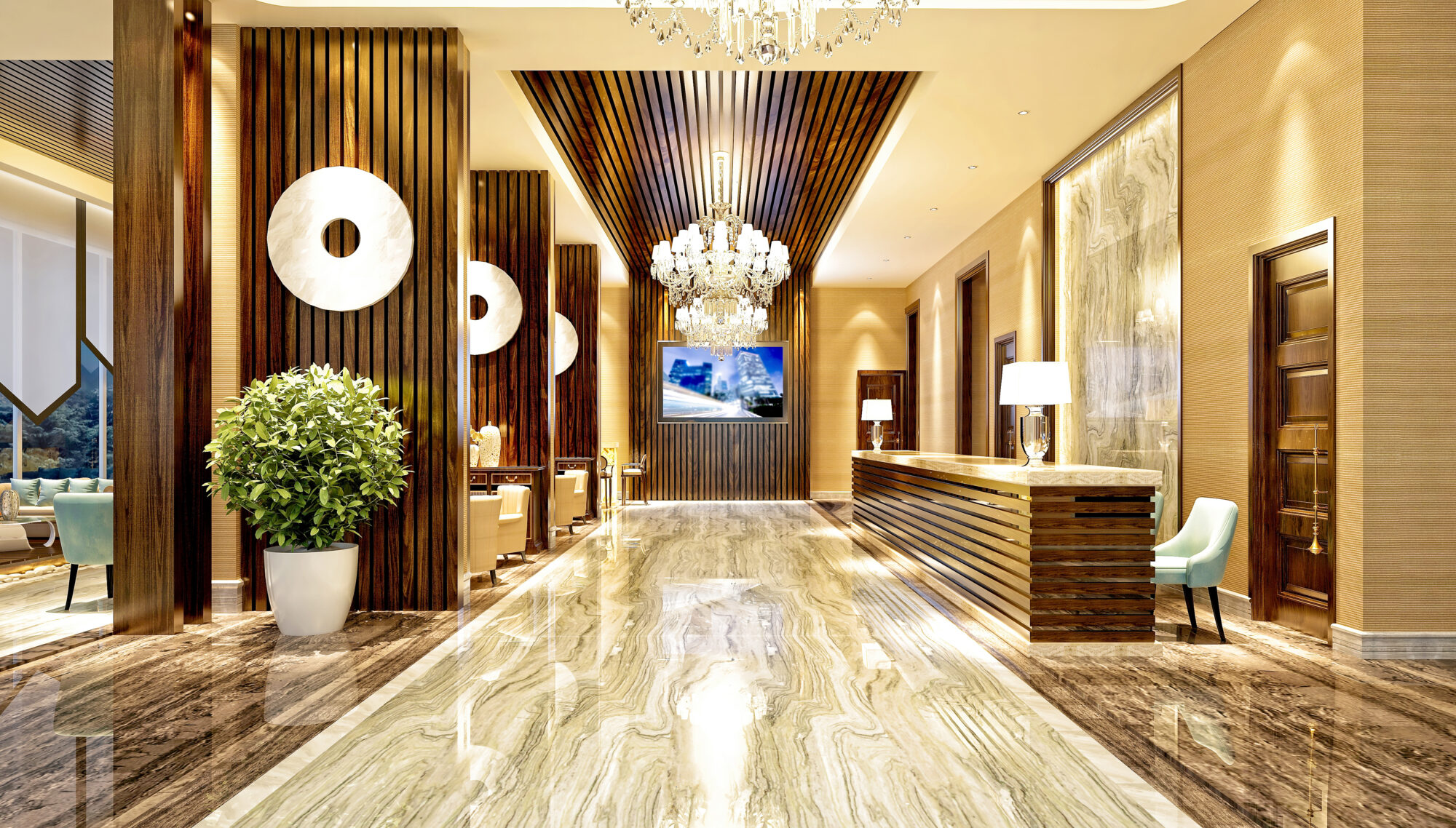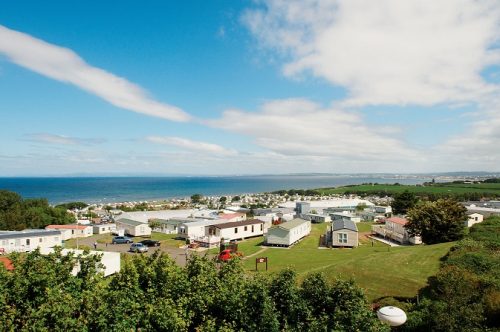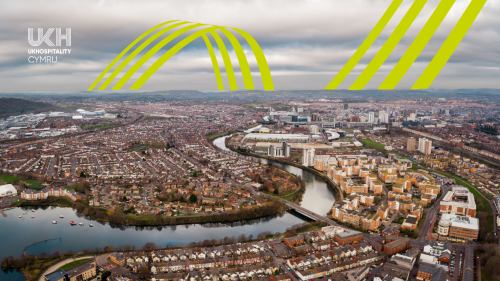The future of hospitality: navigating a dichotomised landscape

The UK hospitality industry is entering a pivotal period of transformation.
Opposing forces are shaping the direction of the sector and the landscape is becoming increasingly dichotomised.
On one end streamlined speed and convenience is taking over, whilst immersive, high-touch experiences are becoming more prominent on the other end.
The rise of speed and technology
Across the board, hospitality businesses are adapting to a much faster pace of service delivery.
Quick-service formats, takeaway culture, and digital-first customer journeys have become dominant. Technology is enabling this shift: from QR code menus and app-based ordering to self-service kiosks and strict online booking time slots. The goal is efficiency – turning tables faster, reducing labour reliance, and simplifying operations.
Yet, this accelerated pace seems to contradict core consumer desires. Diners still value good service, fair pricing, and – perhaps most critically – consistency in experience. The challenge for operators is to meet the demand for speed without sacrificing quality. Technology is not just a convenience; it’s become a vital infrastructure element, but one that must be deployed intelligently.
The experience economy and the power of 'different'
At the opposite end of the spectrum lies the rise of the experience economy.
When people aren’t opting for speed and convenience, they’re seeking something entirely different – uniqueness, immersion, and often luxury. These experiences span high-end dining, boutique hotels, and curated venues that become destinations in themselves.
Premium venues are not just about elevated service but about creating memories. Guests are prepared to spend more, but they expect more in return – whether it’s personalised attention, stunning interiors, or exceptional standards. In a challenging economic environment, only the most consistent and compelling operators will thrive in this space.
Interestingly, a parallel trend is emerging around novelty-driven, often “gimmicky” venues. These aren’t luxury in the traditional sense but offer unique experiences – think prison-themed pop-ups, dining in disused churches, or immersive theatre combined with food. These concepts appeal to the TikTok generation and content-driven consumers who seek moments worth sharing. For many in this cohort, the meal is not the main event – it’s the backdrop to an experience.

The disappearing middle ground
What becomes of the traditional mid-market pub, restaurant, or hotel?
Many are at risk of being engulfed by the polarising nature of consumer expectations. Offering only a standard meal or drink without the edge of speed or the charm of experience is dwindling in demand.
Consumers want more for their money. They want variety. They want to be surprised. But they also expect a baseline of quality and service no matter where they go. The future, therefore, demands both consistency and adaptability – a combination that is difficult to deliver.
Adapting through insight and training
In such a complex environment, agility becomes a survival skill.
Operators must have a clear understanding of their business health – what’s working, what’s not, and where improvements can be made. Auditing plays a critical role here. With the right data and analysis, businesses can benchmark performance, identify trends, and pivot with purpose.
Training also becomes increasingly vital. As automation replaces some traditional hospitality roles, there is a growing gap in frontline experience. If food and beverage become secondary to the overall experience, and technology replaces human interaction, what happens to the skills once considered essential? Without investment in operational training, the industry risks losing its service backbone.
Meeting the moment
The hospitality industry in the UK is not heading toward a single future – it’s splitting into two distinct paths.
Whether focused on rapid service or rich experiences, the key to success lies in clarity of purpose and operational excellence.
What unites all successful hospitality models, however, is a relentless focus on consistency and standards. In a world where expectations are higher, patience is shorter, and competition is fiercer, delivering reliably excellent experiences – whatever the format – will be the defining challenge of the decade ahead.






